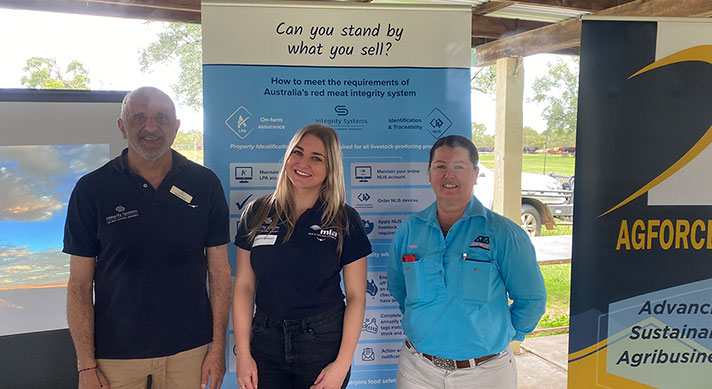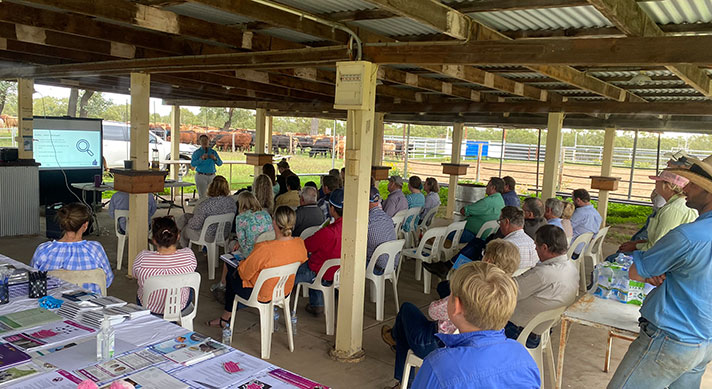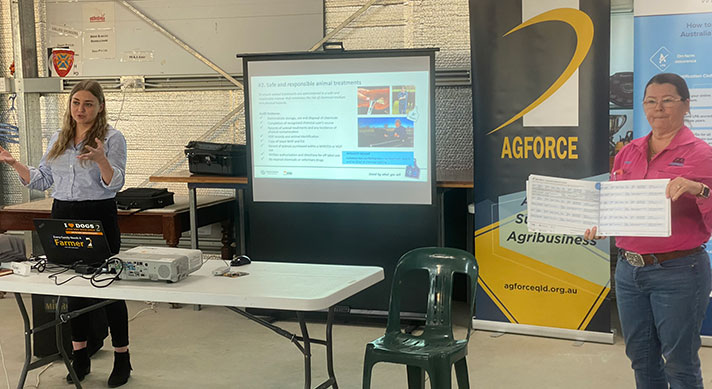Preparing for an LPA audit
10 May 2022
-Min Read
Actions producers can take:
- Continuously managing your operation in line with LPA requirements will ensure you are prepared and have the required records for an LPA audit.
- Don’t wait until you receive an audit notification to start preparations.
- For fast and easy access during an LPA audit, store required records in the Record Keeping section of your LPA account.


